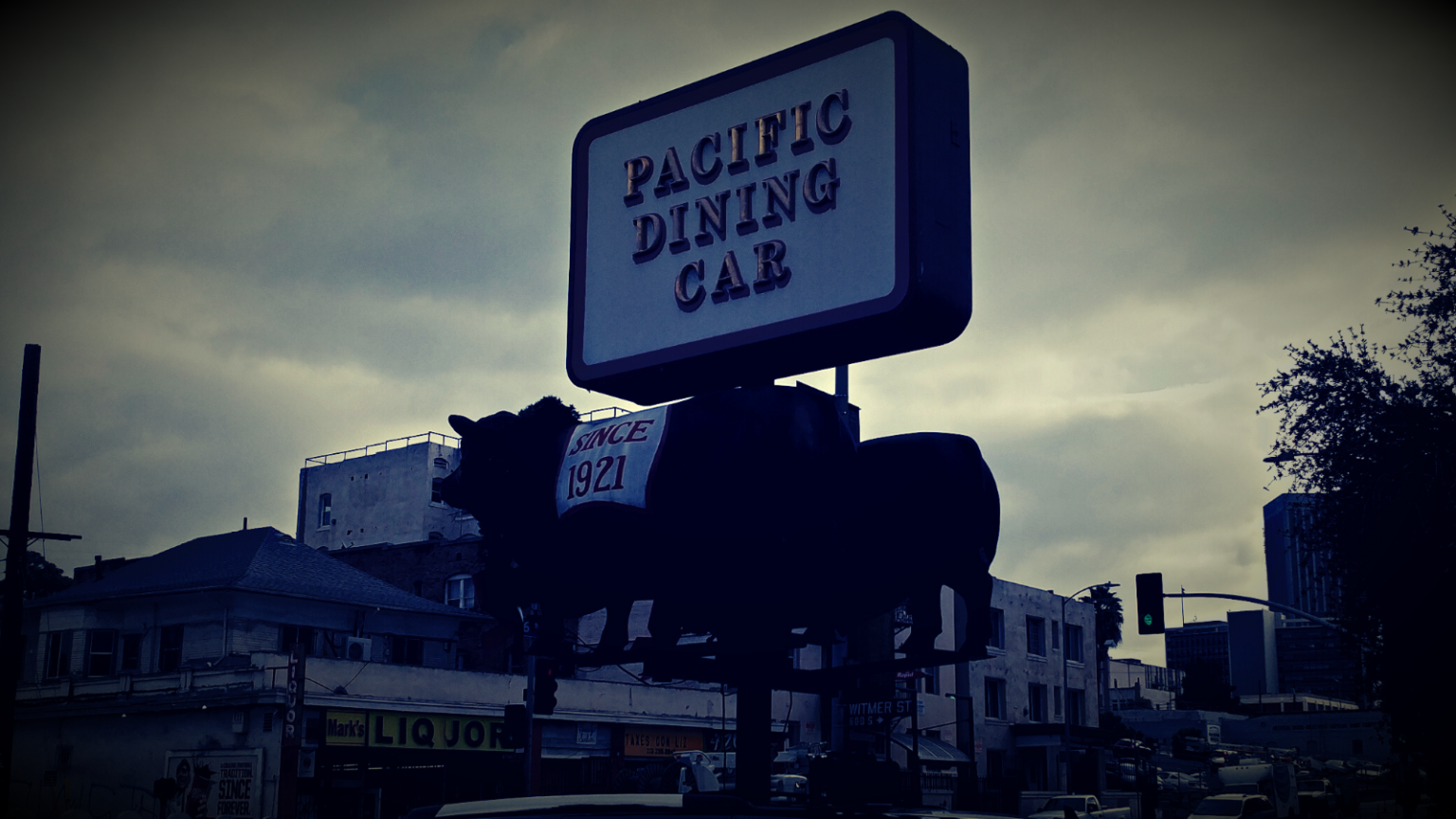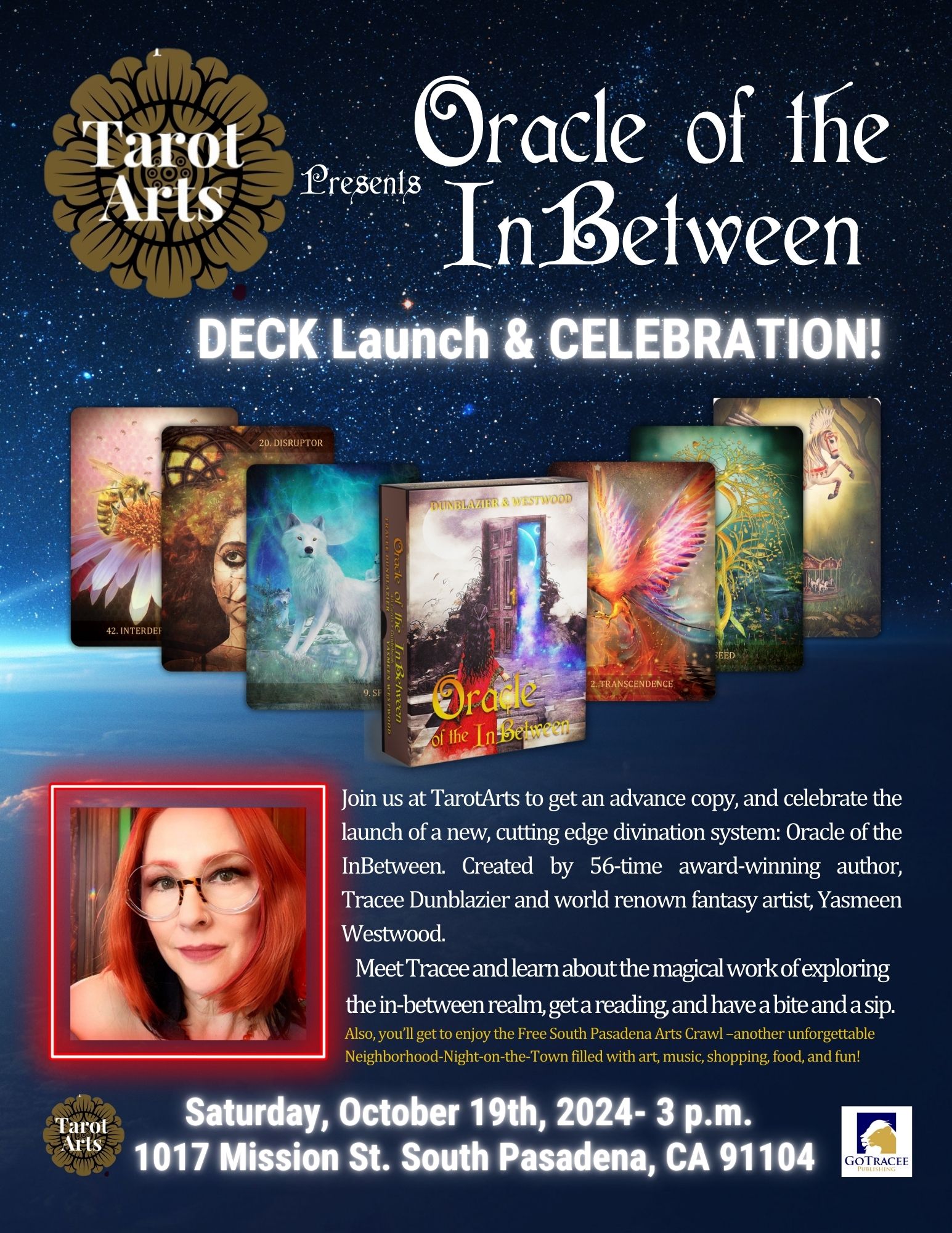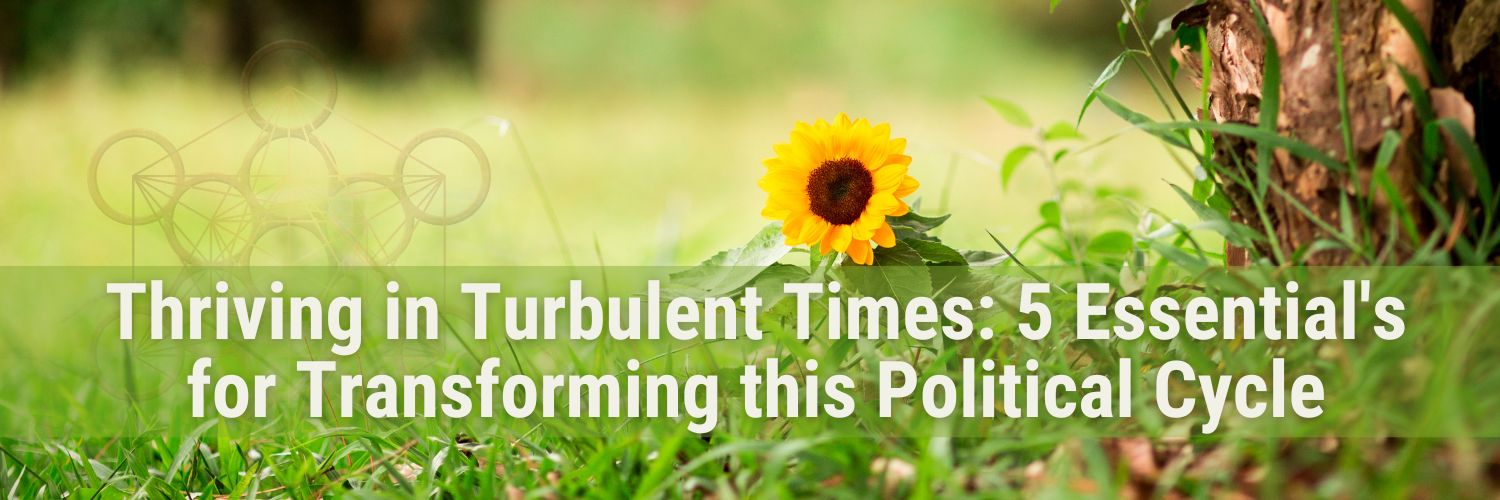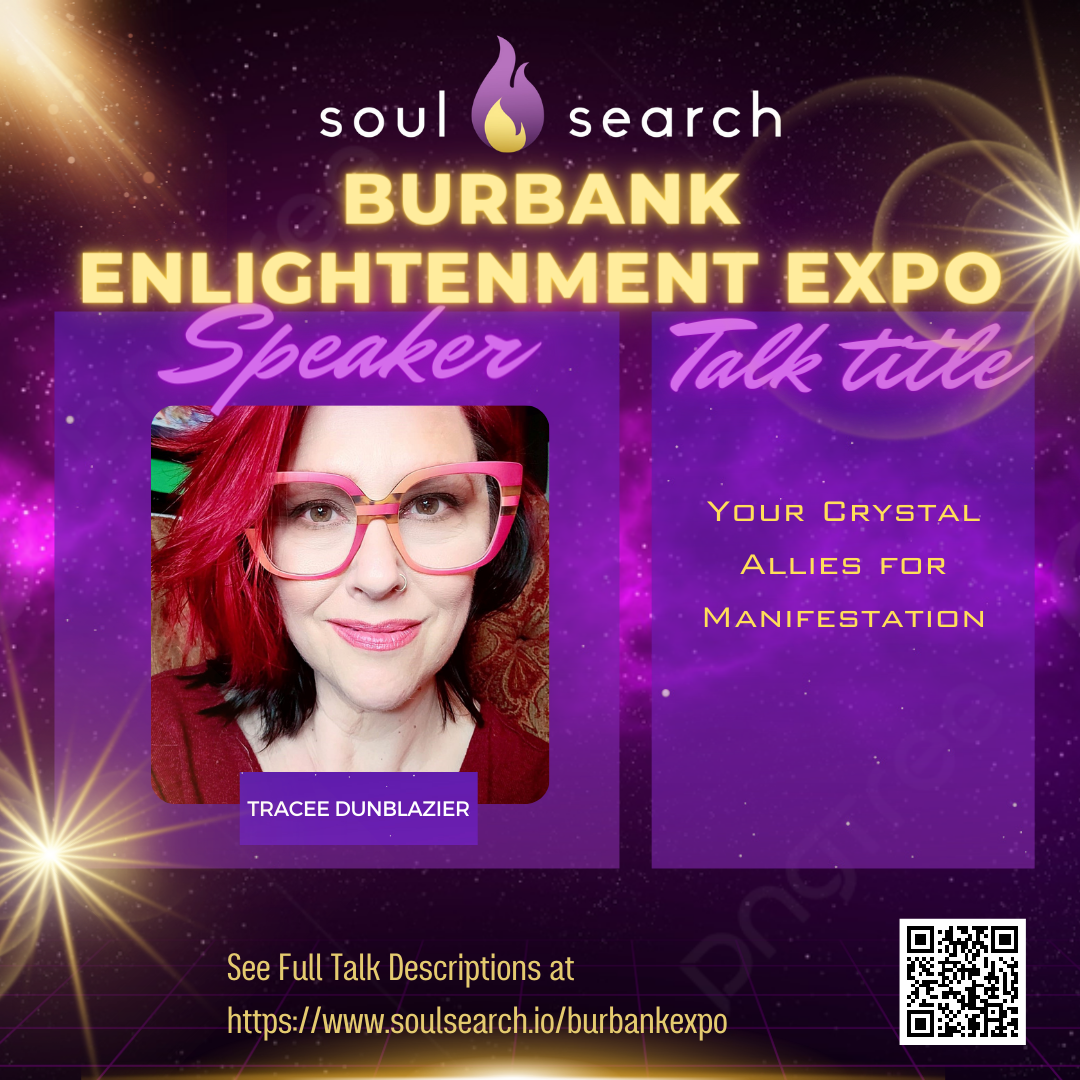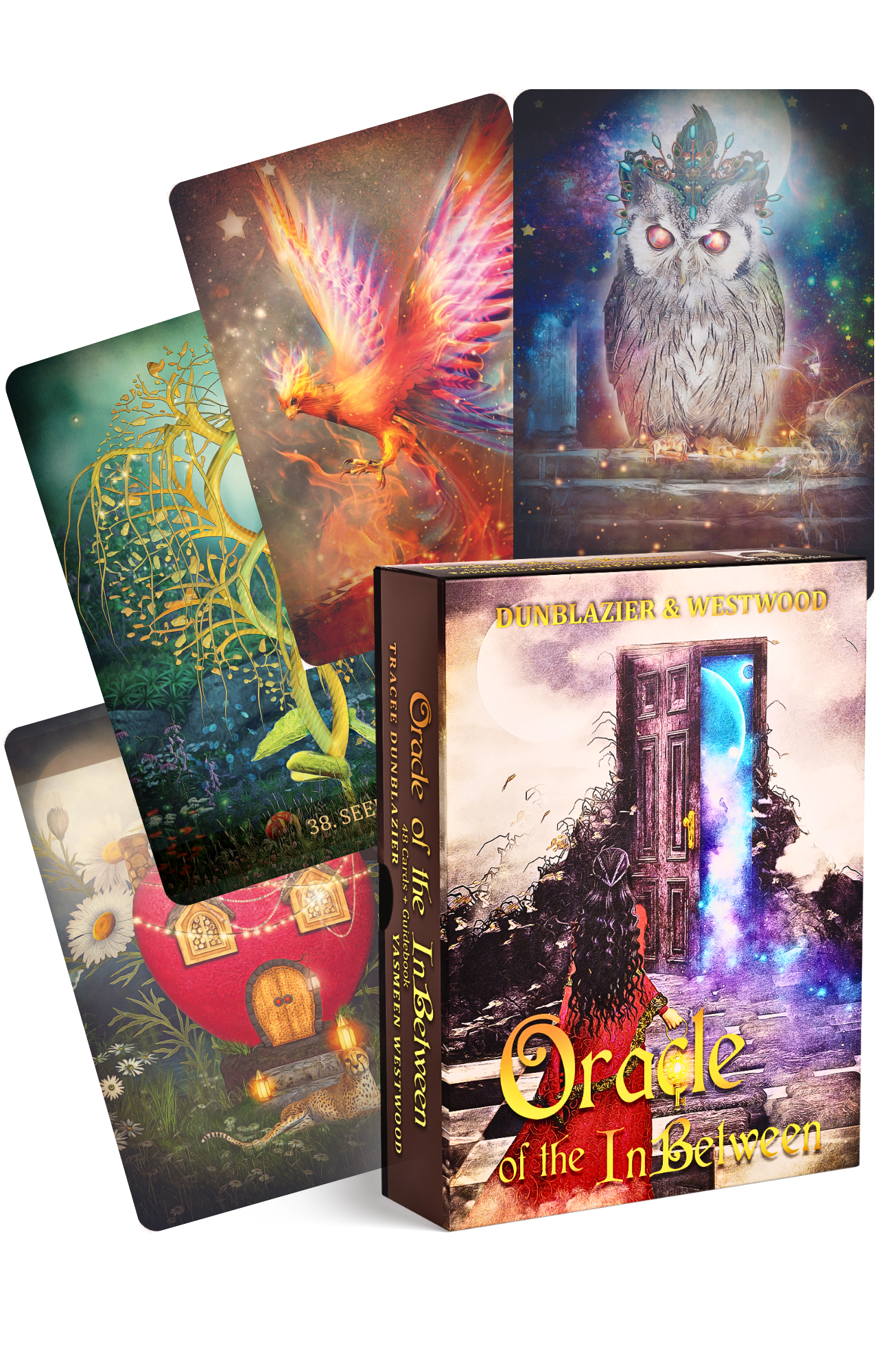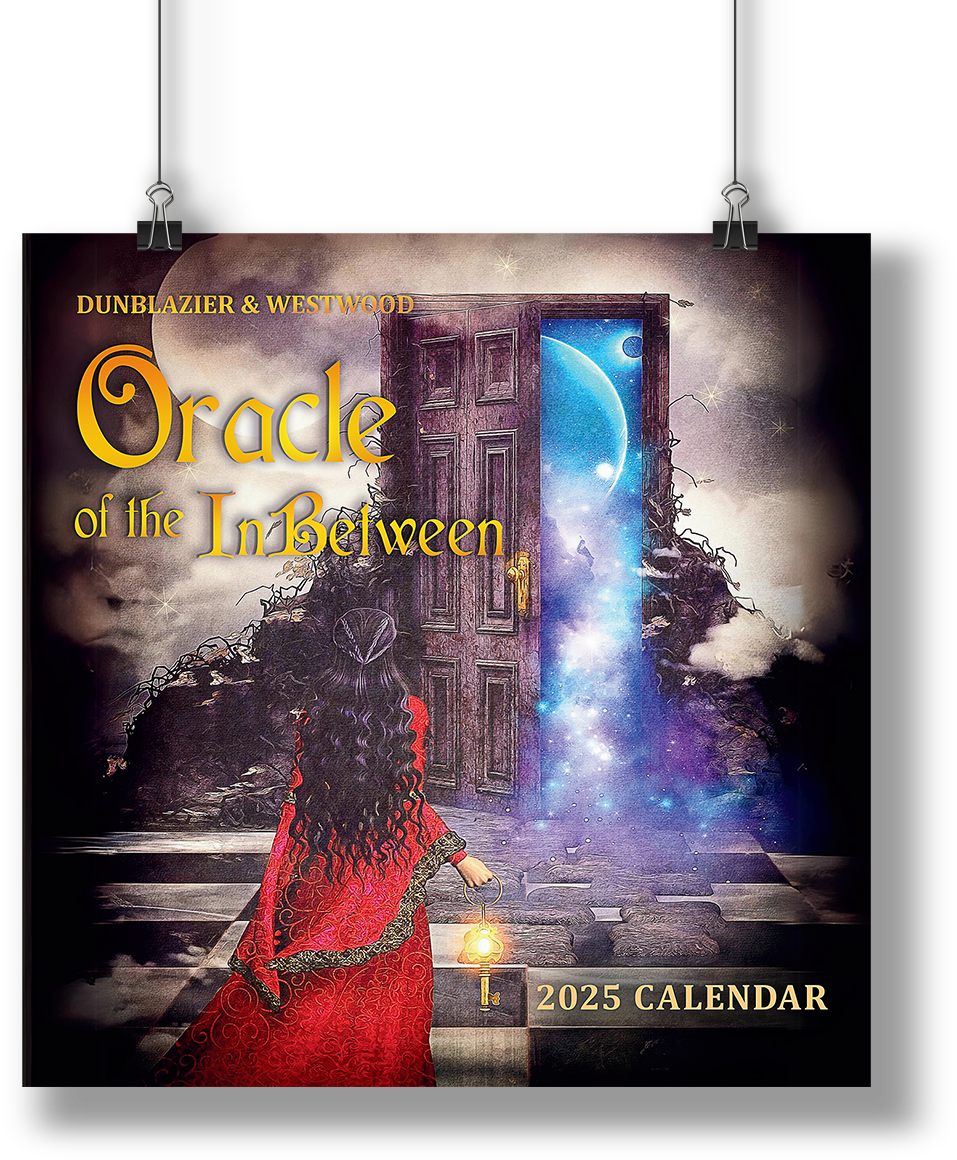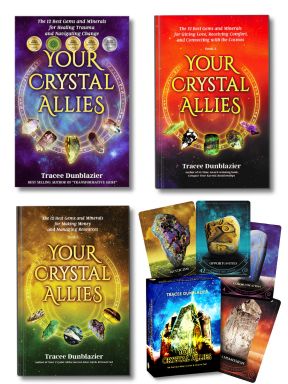 Author Name: Tracee Dunblazier
Author Name: Tracee DunblazierPublish Date: March 21, 2016
Website Link: https://www.meetmindful.com/too-independent-for-a-relationship/
You may THINK you’re too independent for a relationship, but there may be another issue lying under the surface. What stories are you telling yourself?
Can you really be too independent for a relationship? If it were still the 1950s or you are in select countries? Definitely. The truth: today, that concept is a little archaic. You may not want a relationship for many reasons or need to set boundaries therein, but it’s all in how you negotiate with your partner.
The goal of any relationship isn’t to meet the needs of the other person, but be willing to be a witness to their needs and life. A natural response to an independent person meeting their own needs is a romantic partner that follows suit.
We attract what we do for ourselves or to ourselves, first.
Here are a few things to consider about your independence and relationships.
Self-Motivation or Lack of Trust?
Do you ever find yourself saying “I just can’t depend on any one”? Making the decision to be in a relationship is a big one. Relationships take time, energy, and emotion. So, it’s important you’re making the choice to be with someone because of what you have to offer instead of what you’re hoping to receive.
It’s common to lose interest in relationships when you see the only purpose of them is for a partner’s usefulness, then don’t get what you feel you need. Being let down by a loved one can embitter you to a ‘tit for tat’ relationship, or worse, discourage you from participating in one at all. Letting yourself get to know another from an authentic place of genuine interest in them rather than what they may be able to do for you, releases you from the debauchery of expectation.
Career-Minded & Ambitious or Fear of Intimacy?
When you break down your personal or cultural idea of gender roles and give yourself permission to be who you are instead of who others need you to be, many new doors come flying open. It’s true that a romantic partnership can sometimes be a full time job; but, from my experience, time isn’t usually why people choose a career over love. If you don’t think you can have both, maybe you fear the emotional connection that inevitably comes from a major time investment with someone. After all–– it’s not the good times we get sidetracked by.
The only remedy for managing discomfort with intimacy: communication. So, if you’ve been a little too busy to date, take the time to reflect on why that is. What you want—but mostly what you don’t want—becomes valuable here. Write out on a piece of paper your top ten “I don’t want this” list. And, somewhere in that mix, look for what’s underneath all that ambition.
Power Struggle or Fear of Commitment?
Our biggest struggle is discovering and expressing ourselves truthfully—knowing what we like, what we don’t like, and what we will do with it. Often, in relationships we get the idea of compatibility confused with liking the same things or being similar. The two aren’t necessarily connected. Communication is what builds true compatibility. Liking something because it’s what your new partner likes only lasts for a short period of time. Choosing to join your partner in things they like because they like them is authentic care.
So, the struggle for power is within you. Ultimately you will pick and choose what you like best about yourself and learn to express it with authenticity, then make the choice to commit (which is a lifestyle choice) or negotiate with your partner in a way that acknowledges everyone’s needs and desires.
Choosing a relationship is never about your independence. In fact, in our culture today, it’s a plus. Never underestimate the ways that love, connection, and support can help you recognize and anchor who you are as an individual in this profoundly mobile and ever-changing world. Compatibility then becomes a series of choices one makes in celebration of their beloved. Not the obligation to change who or how you are for the opportunity to love.
Ready for conscious, like-minded individuals you really want to meet?
Register with MeetMindful for free today—the fastest growing dating site for conscious singles.
About the Author:
Tracee Dunblazier, GC-C, CCDC, spiritual empath, shaman, educator, author and speaker is based in Los Angeles, California. Tracee specializes in grief counseling, energy dynamics, Shamanic healing, past life and soul recovery, transition strategy, addiction transformation, and space clearings. In 2015, Tracee founded GoTracee Publishing LLC and BeASlayer.com to publish a new hybrid of self-help, memoir, and spiritual book to access a wider audience of spiritual seekers. As a multi-sensitive, Tracee blends information that she receives intuitively with different modalities to create a unique healing plan for every client. Every session is focused on freeing the client from their presenting issue to release, empower, and heal – no matter what the condition. Tracee’s compassionate, humorous, down-to-earth style supports and empowers clients as tender topics are addressed during the session. An accomplished author, Tracee has written two books on the topic of personal soul excavation and deep healing from soul to body. Book one: The Demon Slayer’s handbook: A Practical Guide to Mastering Your Inner World addresses inner mental, emotional, and spiritual mastery through self-awareness and spirit guide communication. Book two: The Demon Slayer’s handbook: A Practical Guide to Self- Healing and Unconditional Love empowers cultural awareness and understanding through looking at the concept of past lives and soul imprints. Tracee’s published articles cover many subjects related to spirituality and relationships while her blog breaks down current events and daily energy dynamics that everyone experiences. Tracee’s been a guest on many prominent television and radio programs informing others about spirituality and sacred ritual practices. Tracee teaches workshops, webinars, and offers two online courses on the DailyOm.com. As well as speaking engagements touching on subjects like grief, death & dying, unconditional love, self- acceptance, and healing.

